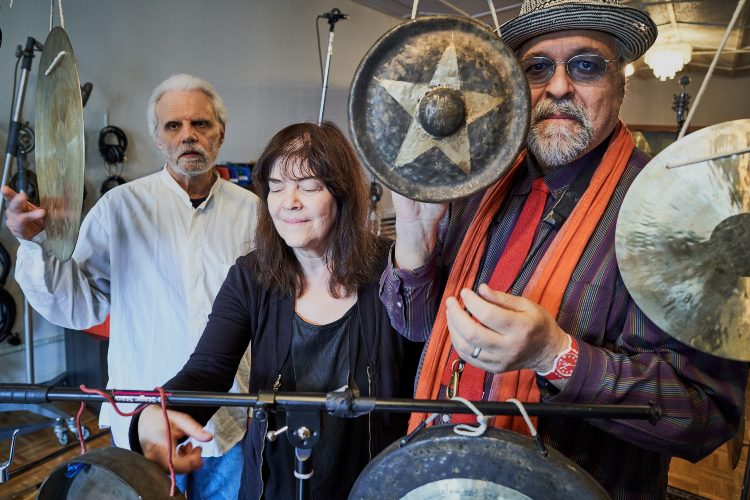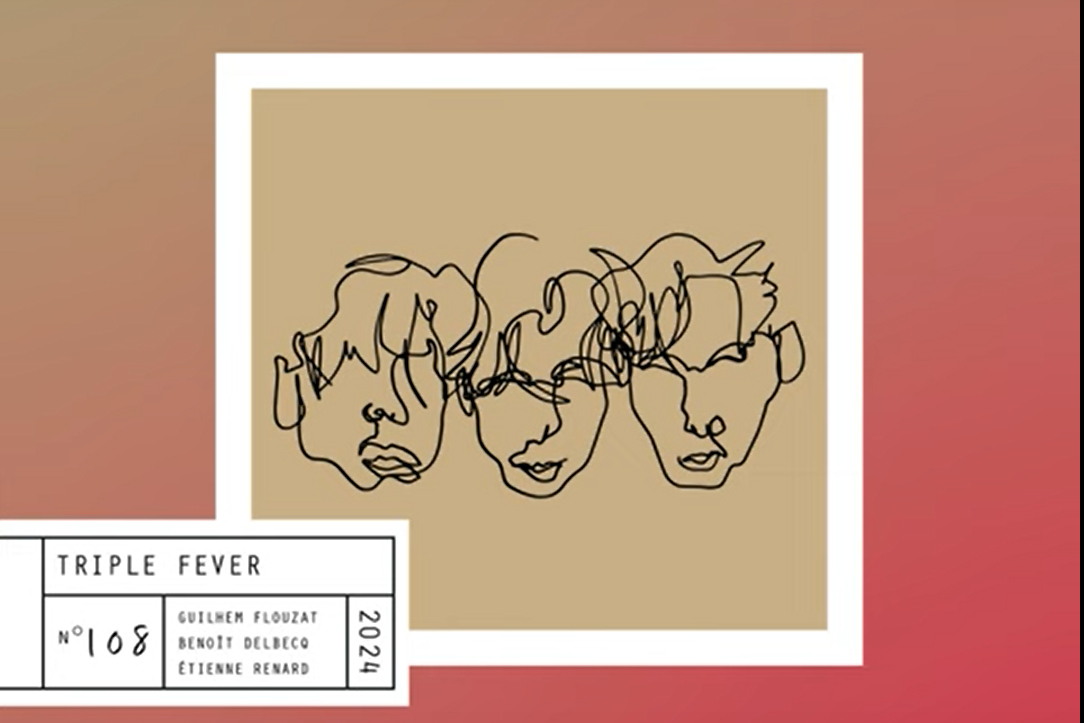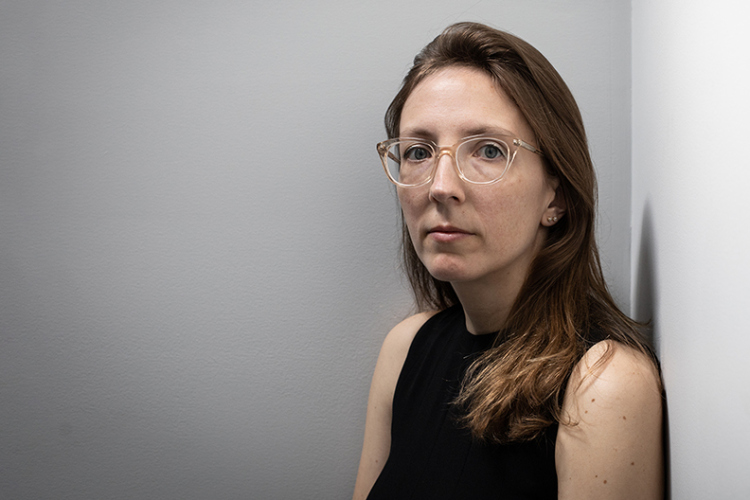Review: Joe Lovano Trio Tapestry’s ‘Garden of Expression’
|
Getting your Trinity Audio player ready...
|
Neo-traditionalists like Wynton Marsalis and Stanley Crouch have long desired the classification of “jazz” as “America’s classical music.” While this idea may bring more stature to the art form in certain social circles, it also largely marginalizes significant works by artists that do not fit their set preconceptions, particularly those in the avant-garde. Ironically, since the early 20th century, modern “classical” composers have been stretching ideas of tonality, rhythm, and structure well beyond more conventional limits. Further, often these contemporary luminaries have inspired more experimental musicians in other forms as well. But listeners often still cling to the idea that somehow “jazz” and “classical” are disparate concepts. Even Third Stream theorists like Gunther Schuller presuppose that some great wall ordinarily exists between the two styles. In reality, there is no divide, per se. Both are just different glimpses at a unified sonic art. Joe Lovano’s Garden of Expression (ECM, 2021) effortlessly accents the unity between these approaches.
No, nothing in Garden of Expression explicitly hints at a “classical” pedigree. The instrumentation is atypical. There are no string instruments. While Marilyn Crispell provides a pianist’s voice, she’s long freed herself of any restrictions imposed by custom. What’s more, in the eyes of some “classical” aficionados, history decrees the bandleader’s saxophone some bastardized instrument worthy of castigation. Nevertheless, the album’s essence lies in intimately hushed conversations between the artists, as one expects from chamber music. Substance pervades over form. It helps that the three artists have an extensive history. Trio Tapestry (ECM, 2019) presented a beautiful reuniting of old friends. But this follow-up shares why they initially found themselves drawn to each other and new developments between them since.
Serialism is writ large, which in turn allows new hues to emerge. Manfred Eicher’s notorious brilliance in the use of space and silence only further adds to the palette. Texture rules above all. Even with two percussion instruments – if you count the piano as one – rhythm is subservient to feel. There is no specific adherence to steady time. Instead, an emphasis on feel drives the group as it flows organically from thought to thought. For instance, on “Night Creatures,” Crispell’s contemplative solo gradually melds with a pensive horn until the latter takes prominence. Throughout, light cymbals add context but do not dictate. And on the title track, Carmen Castaldi’s solo changes the scenery- the environment for the group to navigate- but does not point to a specific path forward.
“Chapel Song” gives the air of being in a longstanding sacred place. Five seconds of silence feel like an eternity before Lovano enters with a subdued blues. He meets with Crispell’s flourishes which, at times, dimly echo him as if reflecting the memories of voices of generations past. By the time of her solo, these ancestors’ stories are evident yet still, to some degree, hidden in a veil of secrecy. Throughout, Castaldi’s faint cymbals and snare slowly ensure the song moves forward as saxophone and piano wind around each other. This opening track forges a path for the rest of the album’s replication of gentleness. Do not read this to mean that all the tracks sound the same; they don’t. But while not the same species, the songs do share a common genus.
The closer, “Zen Like” brings the processions of “Chapel Song” eastward with a series of different pitched gongs. Crispell’s sparse, sometimes modified tones, Castaldi’s occasional beat, and Lovano’s soprano saxophone give the feeling of desolation and longing as much through the presence of notes as by their absence. Instruments make as powerful of statements by announcing their arrival as they do when they fade into the ether.
Overall, the trio blooms in radiant colors. If Trio Tapestry nourished the group’s winding artistic vines, Garden of Expression, shows those plants’ buds fruitfully opening. The recording rewards careful listening, but it is also surprisingly superficially serene. Interestingly, the peacefulness of the trio’s conversation allows for the heart of the avant-garde to emerge. Squeaks, honks, and unusual sounds do not give creative music its forte. Instead, the key is allowing artists to more fully be themselves by abandoning confining structures. While this may sometimes call for harsher tones or ideas, they are not requisite. Lovano’s recordings with Paul Motian and Bill Frisell surveyed this fertile ground before. But, as the current album shows, there is still more room to harvest.
Tracklist : 1. Chapel Song; 2. Night Creatures; 3. West of the Moon; 4. Garden of Expression; 5. Treasured Moments; 6. The Sacred Chant; 7. Dream on That; 8. Zen Like.
Personnel: Joe Lovano (tenor saxophone, soprano saxophone, tarogato, gongs), Marilyn Crispell (piano), Carmen Castaldi (drums).



